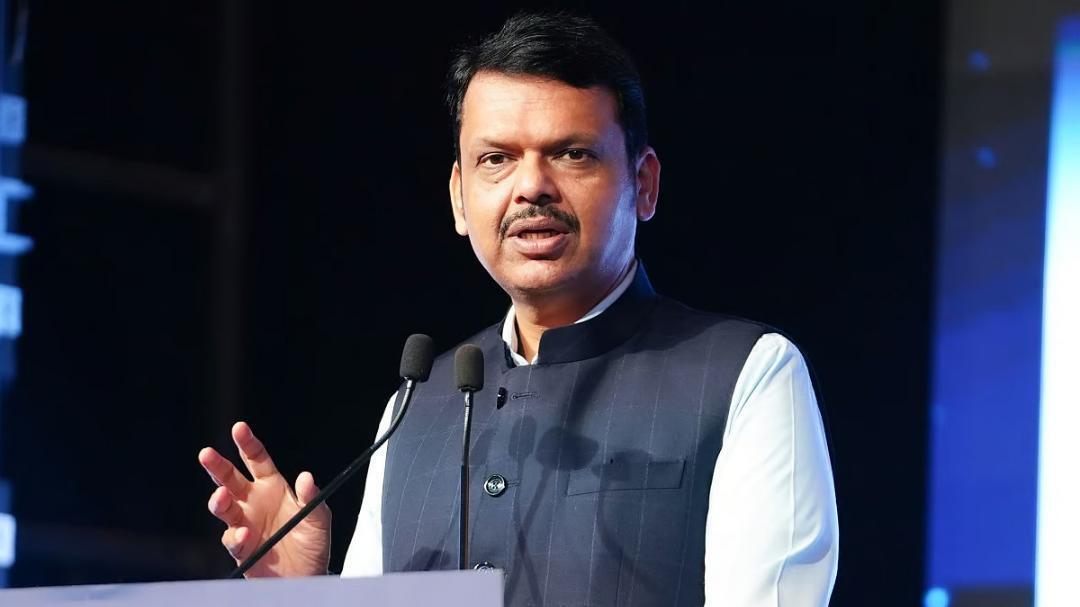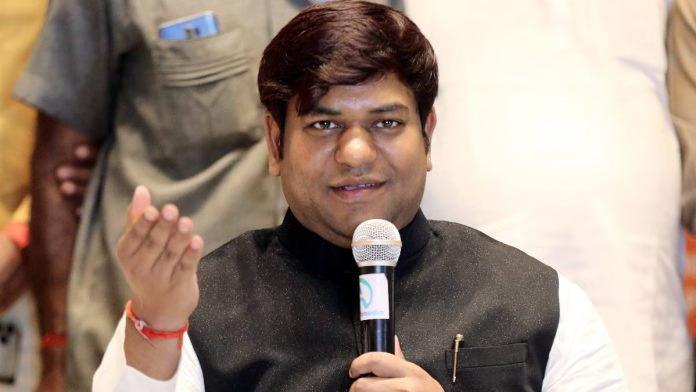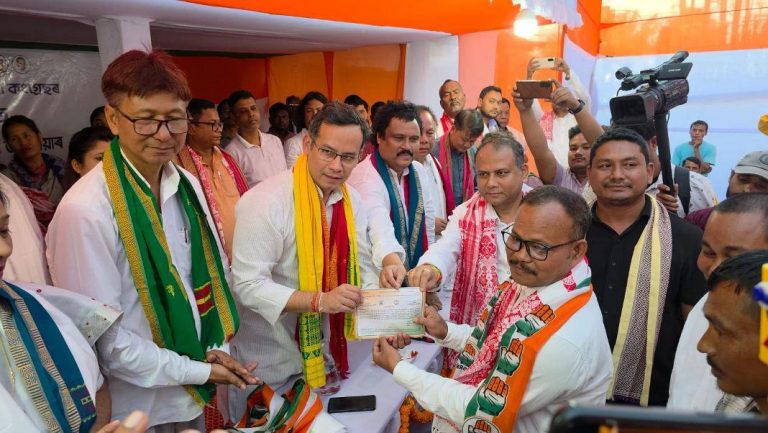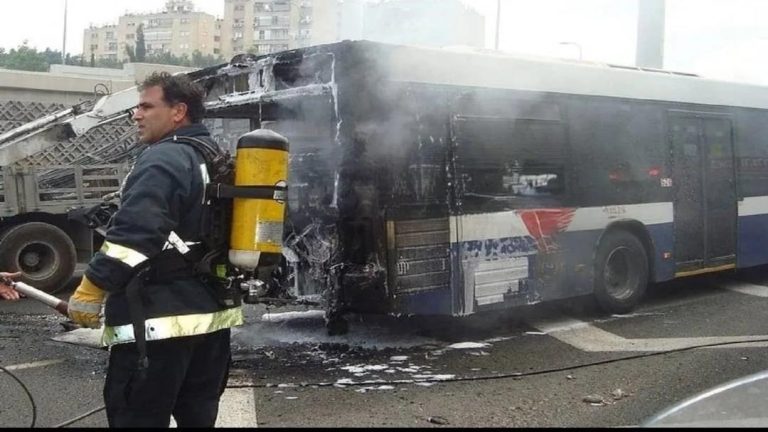
Will Move SC: Fadnavis as 2006 Mumbai Train Blasts Accused Freed
The recent acquittal of all 12 accused in the 2006 Mumbai train blasts case has sent shockwaves across the country, with Maharashtra Chief Minister Devendra Fadnavis expressing his dismay and disappointment over the verdict. The Bombay High Court’s decision to acquit the accused has raised several questions and concerns about the effectiveness of the investigation and the prosecution’s case.
On July 11, 2006, a series of bomb blasts occurred on seven commuter trains in Mumbai, killing 209 people and injuring over 700. The blasts were carried out by a group of terrorists, with the Indian Mujahideen (IM) being suspected to be behind the attacks. The investigation into the blasts was taken up by the Anti-Terrorism Squad (ATS), which arrested 12 people, including a few IM operatives, in connection with the case.
However, after a long and arduous trial, the Bombay High Court has acquitted all 12 accused, holding that the prosecution had failed to establish their involvement in the blasts beyond reasonable doubt. The court observed that the ATS had “utterly failed” to establish the offences against the accused, and that the evidence presented by the prosecution was insufficient to prove their guilt.
Reacting to the verdict, Chief Minister Fadnavis expressed shock and disappointment, stating that the acquittal was “very shocking” and that the government would challenge it in the Supreme Court. “We will move the Supreme Court to challenge the acquittal,” Fadnavis said, adding that the government was “deeply disappointed” with the verdict.
Fadnavis’s statement is understandable, given the gravity of the crime and the suffering caused to the victims and their families. The 2006 Mumbai train blasts were one of the deadliest terrorist attacks in India’s history, and the acquittal of the accused has left many questions unanswered.
One of the main concerns is the effectiveness of the investigation and the evidence presented by the prosecution. The ATS had collected a large amount of evidence, including forensic reports, witness statements, and phone records, but the court has held that this evidence was insufficient to prove the accused’s guilt.
The acquittal has also raised questions about the role of the ATS in the investigation. The ATS is a specialized agency tasked with investigating terrorist cases, but its track record in the past has been questionable. The agency has been criticized for its handling of several high-profile cases, including the 2008 Malegaon blasts and the 2010 Pune blasts.
The acquittal has also sparked concerns about the safety and security of the city. The 2006 Mumbai train blasts were a major security lapse, and the acquittal has raised questions about the effectiveness of the city’s security measures.
In the aftermath of the verdict, the government has announced that it will review the evidence and the investigation to determine whether there were any lapses or mistakes that led to the acquittal. The government has also promised to provide compensation to the victims and their families.
The acquittal of the accused in the 2006 Mumbai train blasts case is a significant setback for the government and the people of Maharashtra. The case was a major testing ground for the state’s anti-terrorism laws and its ability to investigate and prosecute terrorist cases. The acquittal has raised questions about the effectiveness of the investigation and the prosecution’s case, and it is likely to spark a wider debate about the need for reforms in the country’s anti-terrorism laws and investigative agencies.
In conclusion, the acquittal of the accused in the 2006 Mumbai train blasts case is a shocking and disappointing verdict that has left many questions unanswered. The government has expressed its disappointment and has promised to challenge the verdict in the Supreme Court. The acquittal has raised concerns about the effectiveness of the investigation and the prosecution’s case, and it is likely to spark a wider debate about the need for reforms in the country’s anti-terrorism laws and investigative agencies.






